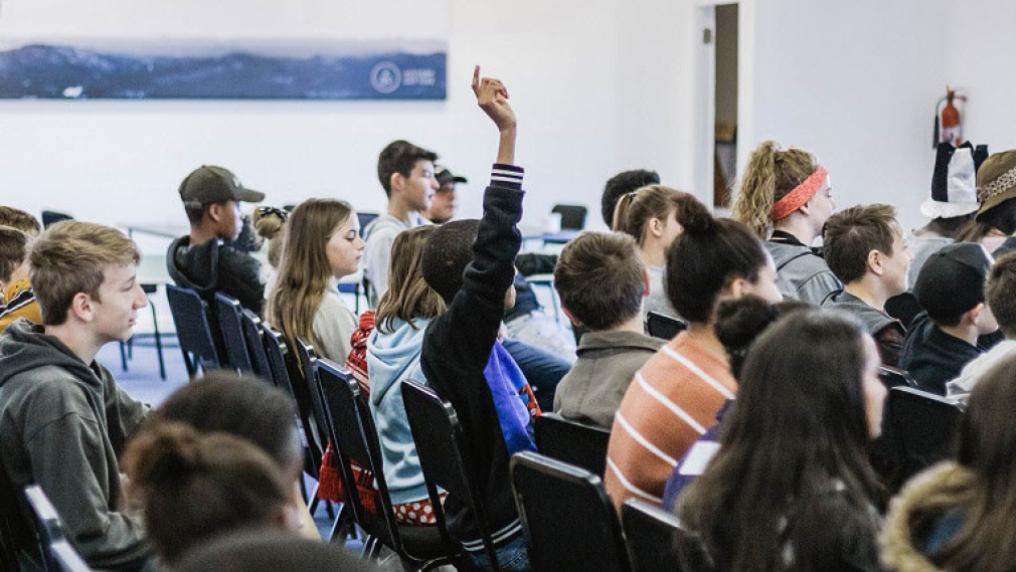Submission to the inquiry into career advice activities in Victorian schools

In increasingly technology-rich and globally competitive job markets, pathways to employment are becoming more challenging for many young people as they leave school.
Improving careers advice and guidance must form part of a broader re-focus of the education system. These are the priority areas that should be considered to ensure all young people are equipped with the capabilities they need to thrive in the changing world of work.
Start career development activities early on
By the time subject selection activities take place in senior secondary school, many students have already narrowed their career aspirations based largely on academic achievement levels. Ensuring that career awareness and development activities are extended to the primary and early secondary school years, can help lift aspirations and extend the range of career possibilities, particularly for students at risk of disengagement.
Focus on building students’ capabilities
The narrowing of career options for students who perform poorly on academic assessments represents a key challenge for education systems. Extensive evidence supports the notion that skills and capabilities are as necessary for success in life and work as knowledge and academic achievement. Extending the focus of schooling to these broader capabilities is an essential strategy for schools to prepare young people to thrive in careers.
Engage in meaningful real-world learning
Integrating school learning with experiences in real-world contexts can:
- show students career possibilities outside of those in their family and peer networks
- offer opportunities for students to apply and test different types of capabilities that will be useful in their future careers
- give students opportunities to establish connections with occupational role models or potential employers.
Equip teachers with broader knowledge of industry & VET pathways
In addition to careers advisors, all teachers play a role in guiding students as they develop their career aspirations and plans. Whole of school approaches that support all teachers gain access to information on emerging and key employment industries, as well as education and training pathways, should be a priority. Engaging with industry can take many forms – schools directly establishing industry links through careers or vocational programs, programs coordinated by external organisations, and place-based models such as Tech Schools and P-TECHs.



